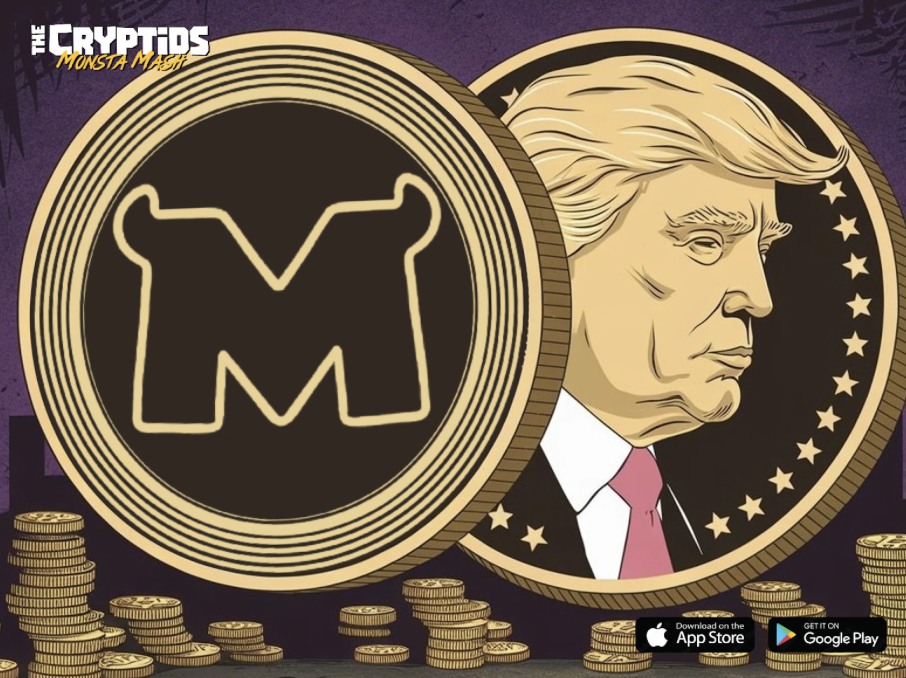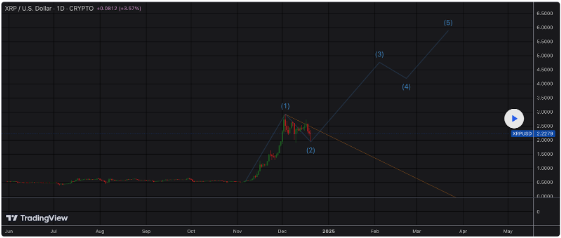Following a huge boom for crypto in Turkey and on the back of rising inflation, the Turkish Central Bank announced last night that it would ban the purchase of goods and services via crypto payments. The ban will come into force at the end of this month.
According to a statement released by the head of the Turkish Central Bank, Sahap Kavcioglu, the new regulation will come into force on the 30th April and will mean that cryptocurrencies will not be able to be used directly or indirectly for payments.
To add to the ban, even the way business models were developed was strictly censored:
“Payment service providers cannot develop business models in a way that crypto assets are used directly or indirectly in the provision of payment services and electronic money issuance, and cannot provide any services related to such business models.”
Some grey areas relating to cryptocurrencies still exist, in that Bitcoin, and other cryptocurrency deposits, can still be made. Also, the new regulation still leaves it open for cryptocurrency transactions to be transacted on exchanges, given that these are not for “payments”.
The present situation ensued after a torrid time for the Turkish economy and its leadership. Crypto Daily reported the sacking of the previous head of the Turkish Central Bank, Naci Agbal, because he had raised interest rates.
President Erdogan had not been in agreement with this policy and decided to fire his central bank chief. Agbal was the third central bank chairman to be dismissed by Erdogan in the last two years.
According to Egytpian millionaire, Naguib Sawiris, the sacking of the central bank chairman is only going to worsen the situation:
“(Erdogan) wants someone who will work based on a political agenda, which is a disaster recipe for central bankers.”
In March, inflation reached over 16%, well above the 5% target set by the central bank. With unemployment still over 13%, all is certainly not well in Turkey. Therefore, it is no surprise that interest in cryptocurrencies has boomed.
According to Chainalysis, after the March sacking of Agbal, trading volumes on exchanges surged to 218 billion lira, up 7 billion lira for the same period in 2020.
Disclaimer: This article is provided for informational purposes only. It is not offered or intended to be used as legal, tax, investment, financial, or other advice.
Credit: Source link























